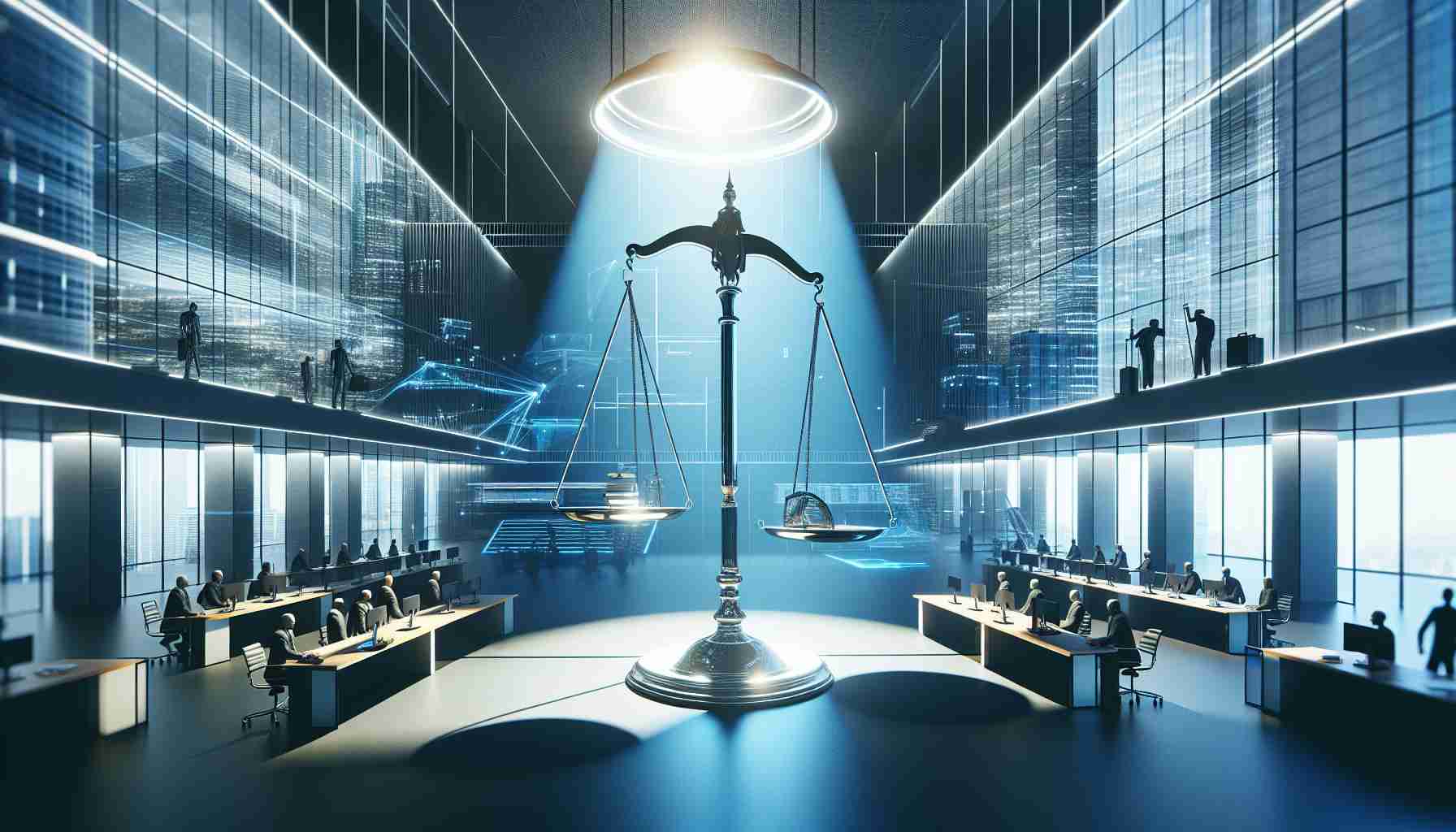A Brazilian Supreme Court Justice made a bold move by seizing significant funds from tech mogul Elon Musk’s companies, X and Starlink, to recover unpaid fines. The decision to freeze the bank accounts of the two entities stirred legal controversies.
The court action resulted in the transfer of millions of reais from X and Starlink’s accounts, prompting discussions among legal experts. While some questioned the fairness of penalizing Starlink for X’s violations, others supported the ruling as a legitimate means of enforcing compliance with content regulations.
The debate highlights the complexities of holding separate entities accountable for each other’s obligations. Musk’s ownership of X and SpaceX, the parent company of Starlink, adds a layer of intricacy to the situation, emphasizing the blurred lines between corporate structures and individual responsibilities.
Despite the scrutiny and criticism faced by Musk’s enterprises, X’s existing user base in Brazil pales in comparison to major social media platforms like Instagram and Facebook. Meanwhile, Starlink’s share of the country’s internet market remains relatively modest but signifies the company’s growing presence in the region.
The legal tussle underscores the challenges faced by tech giants operating in diverse regulatory environments, shedding light on the intricacies of upholding digital compliance and accountability.
Elon Musk’s Enterprises: Navigating Legal Challenges and Complexities
As the legal battle surrounding Elon Musk’s companies X and Starlink unfolds, several crucial questions come to the forefront, shedding light on key challenges and controversies in the tech mogul’s legal limelight.
What are the implications of holding separate entities accountable for each other’s obligations?
The case involving the Brazilian Supreme Court’s decision to seize funds from both X and Starlink raises concerns about the fairness and practicality of penalizing one entity for the violations of another. This issue underscores the difficulty in delineating responsibility within complex corporate structures and the potential for cross-contamination of liabilities.
How does Musk’s ownership of multiple companies impact legal proceedings?
Elon Musk’s dual ownership of X and SpaceX, the parent company of Starlink, complicates the legal landscape by blurring the lines between individual responsibilities and corporate entities. This intertwined ownership structure adds layers of complexity to regulatory compliance and enforcement actions, posing challenges for legal interpretation and implementation.
What advantages and disadvantages are associated with Musk’s enterprises in the legal realm?
One advantage of Musk’s enterprises is their innovative technologies and market presence, contributing to advancements in space exploration and internet connectivity. However, the interconnected nature of Musk’s ventures also exposes them to heightened legal scrutiny and regulatory risks, potentially leading to financial penalties and reputational damage.
The ongoing legal saga underscores the intricate challenges faced by tech giants like Musk’s companies, highlighting the need for proactive compliance strategies and a nuanced understanding of regulatory landscapes. Navigating these complexities requires a delicate balance between innovation and legal adherence to sustain growth and mitigate legal risks.
For further insights into Elon Musk’s legal battles and corporate complexities, visit Tesla.


